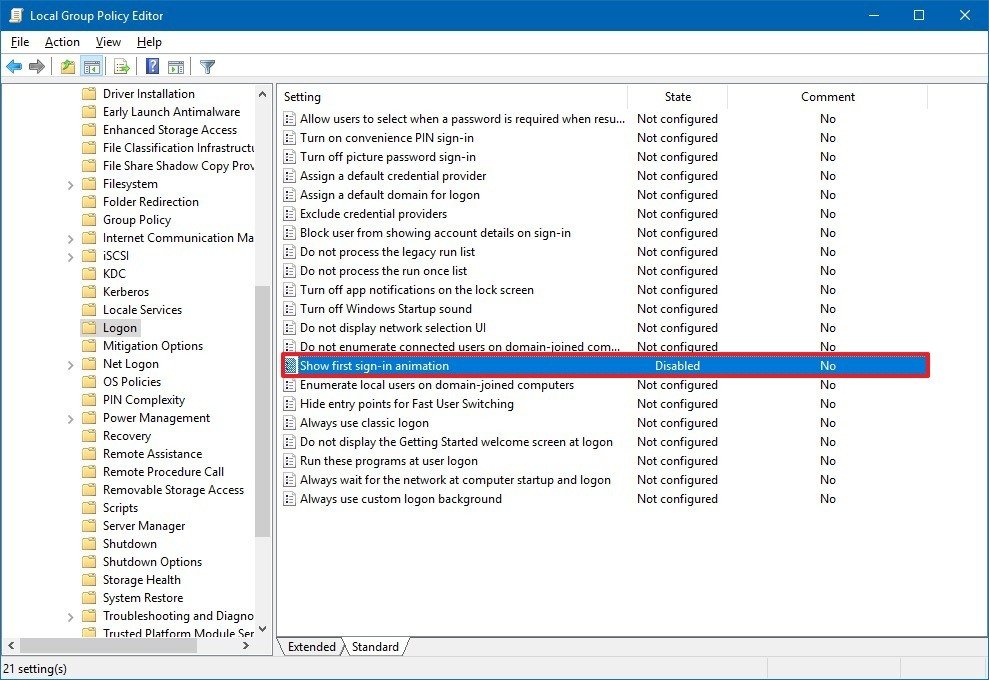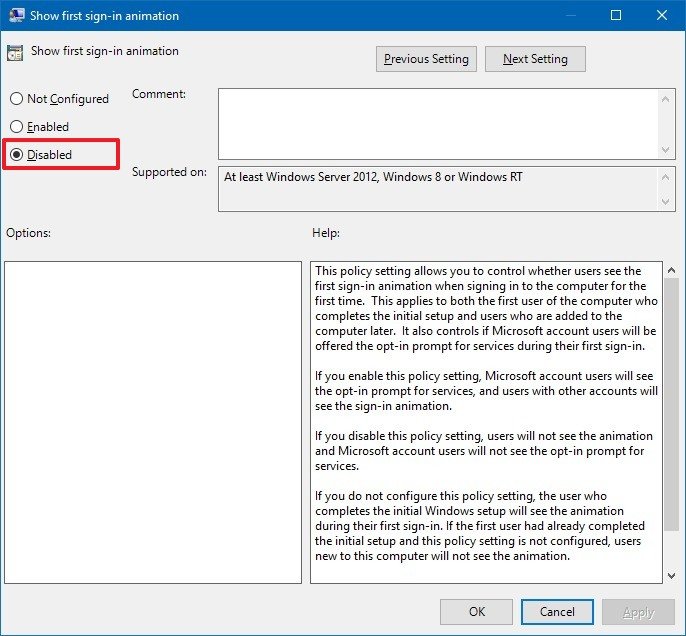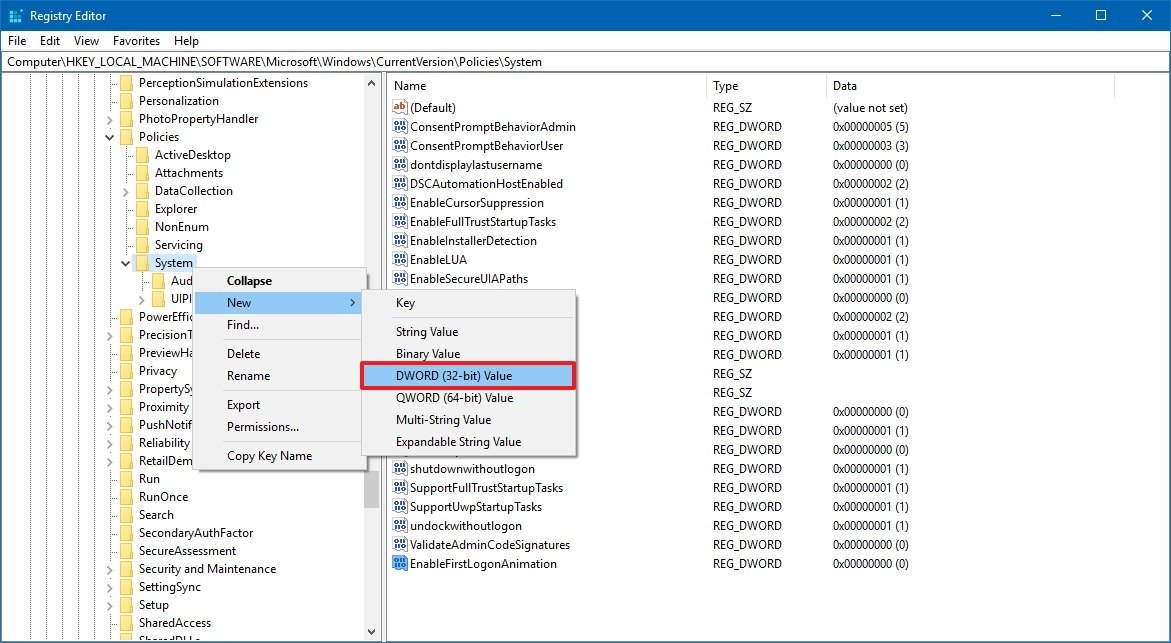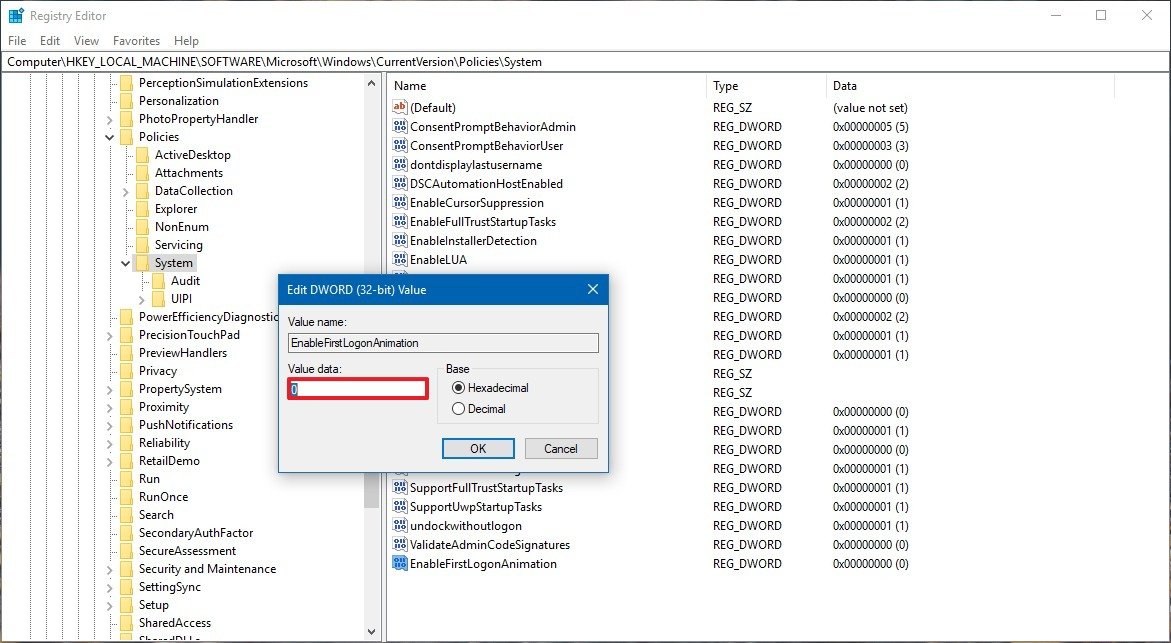How to disable first sign-in animation on Windows 10
You can prevent Windows 10 from showing the first sign-in animation feature after a new OS install, and in this guide, we show you how.
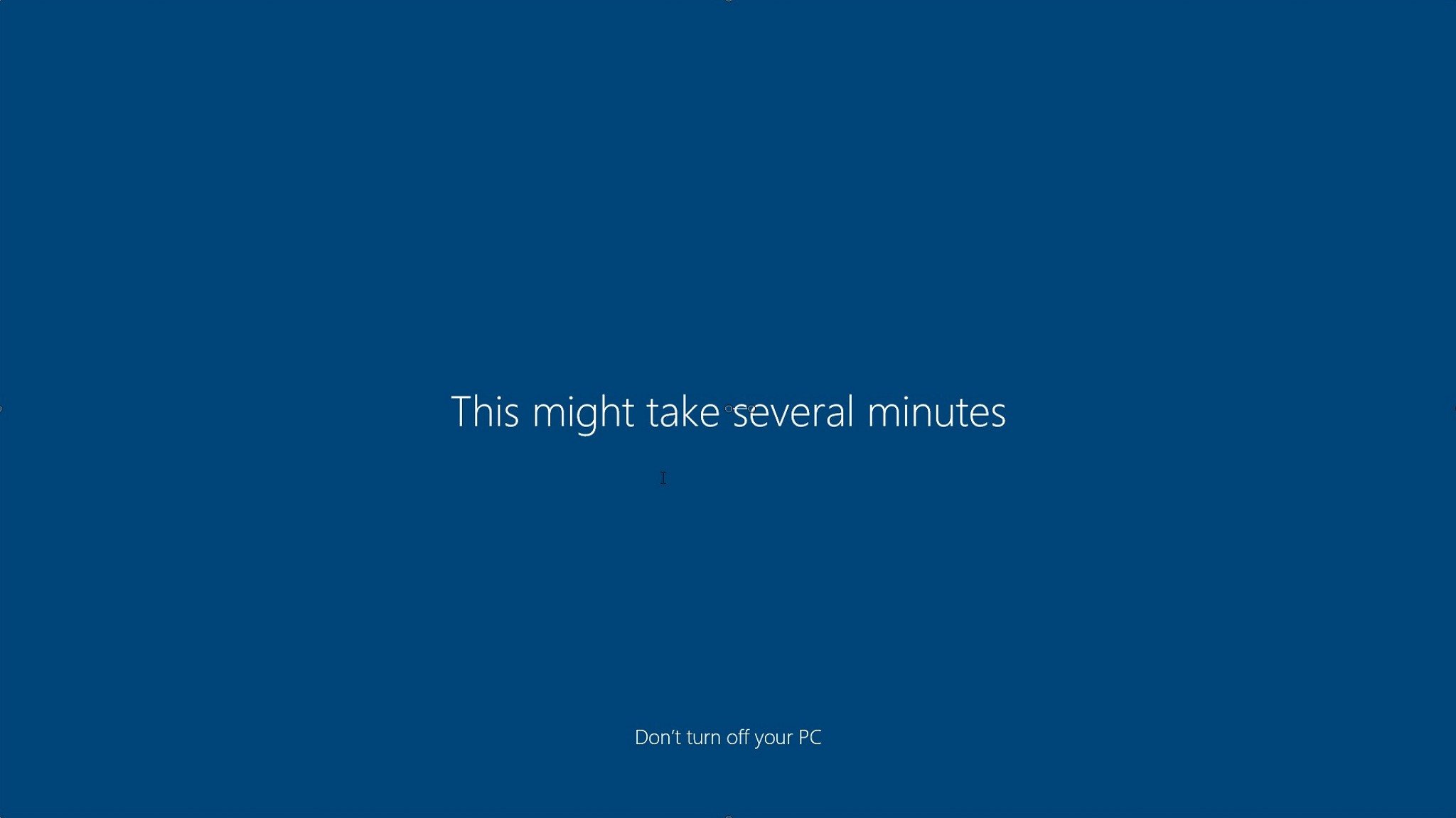
On Windows 10, after completing the setup on a new installation, upgrade, or when signing in to a new account, you're greeted with the "first sign-in animation" that features several messages as the account environment gets configured.
Usually, you'll see three messages, including "Hi," "We're getting everything ready for you," and "This might take several minutes," followed by one or two additional messages depending on whether you're finishing up an installation or signing in to a new account.
If you're an IT administrator trying to streamline the setup process, or you'd prefer not to see this greeting and want to access an account more quickly, it's possible to disable the Windows 10 first sign-in animation using the Local Group Policy Editor or the Registry.
In this Windows 10 guide, we walk you through the steps to prevent the sign-in animation for appearing when users access their accounts for the first time or after an installation.
- How to disable first sign-in animation using Group Policy
- How to disable first sign-in animation using Registry
How to disable first sign-in animation using Group Policy
If you're running Windows 10 Pro, the easiest way to disable the first sign-in animation is using the Local Group Policy Editor. Follow these steps:
- Use the Windows key + R keyboard shortcut to open the Run command.
- Type gpedit.msc and click OK to open the Local Group Policy Editor.
- Browse the following path:
Computer Configuration > Administrative Templates > System > Logon - On the right side, double-click the Show first sign-in animation policy.
- Select the Disabled option.
- Click Apply.
- Click OK.
Once you complete these steps, every time a user signs in to Windows 10 for the first time they will no longer see the welcome animation.
If you change your mind, you can roll back the previous settings using the same instructions, but on step No. 5, make sure to select the Not Configured option.
All the latest news, reviews, and guides for Windows and Xbox diehards.
How to disable first sign-in animation using Registry
On a device running Windows 10 Home, you won't have access to the Local Group Policy Editor, but you can still disable the sign-in animation using the Registry with these steps:
Warning: This is a friendly reminder that editing the Registry is risky, and it can cause irreversible damage to your installation if you don't do it correctly. We recommend making a full backup of your PC before proceeding.
- Use the Windows key + R keyboard shortcut to open the Run command.
- Type regedit, and click OK to open the Registry.
- Browse the following path:
HKEY_LOCAL_MACHINE\SOFTWARE\Microsoft\Windows\CurrentVersion\Policies\SystemQuick Tip: On Windows 10, you can now copy and paste the path in the Registry's address bar to quickly jump to the key destination. - Right-click the System (folder) key, select New, and click on Key.
- Name the key EnableFirstLogonAnimation and press Enter.
- Double-click the newly created DWORD and make sure the value is set to 0.
- Click OK.
After completing the steps, the animation during the first sign-in should no longer appear on Windows 10.
If you want to revert the changes, you can use the same instructions, but on step No. 4, make sure to right-click the EnableFirstLogonAnimation DWORD, and then select the Delete option.
More Windows 10 resources
For more helpful articles, coverage, and answers to common questions about Windows 10, visit the following resources:
- Windows 10 on Windows Central – All you need to know
- Windows 10 help, tips, and tricks
- Windows 10 forums on Windows Central

Mauro Huculak has been a Windows How-To Expert contributor for WindowsCentral.com for nearly a decade and has over 22 years of combined experience in IT and technical writing. He holds various professional certifications from Microsoft, Cisco, VMware, and CompTIA and has been recognized as a Microsoft MVP for many years.
